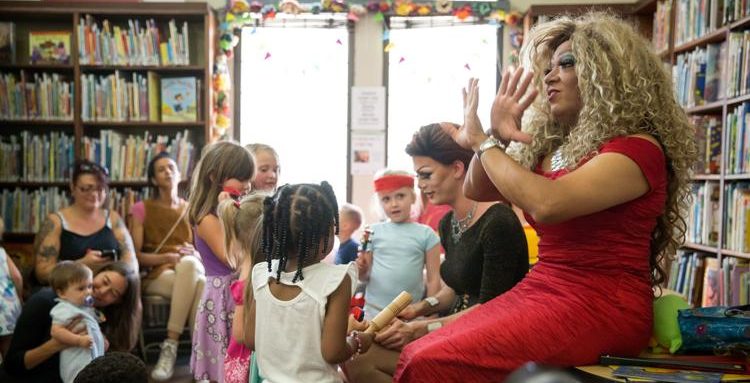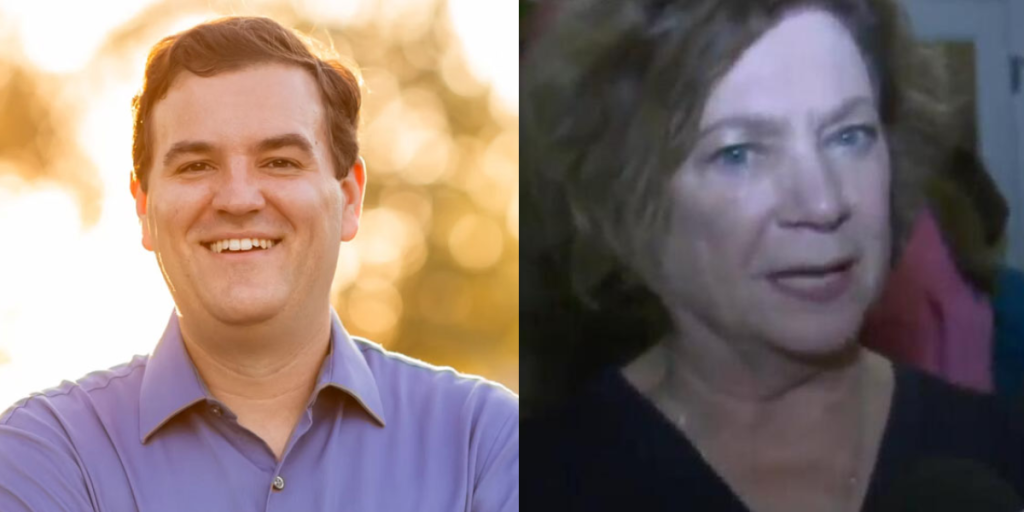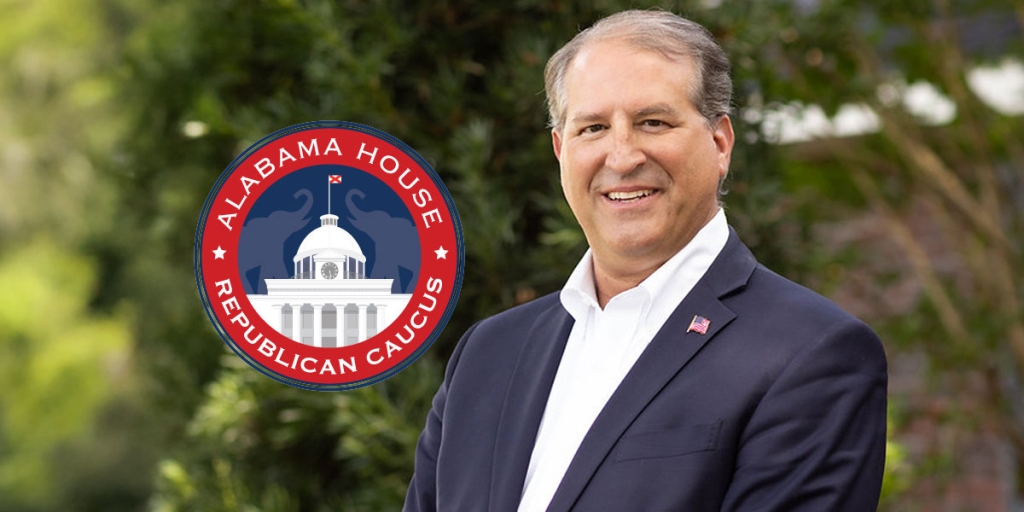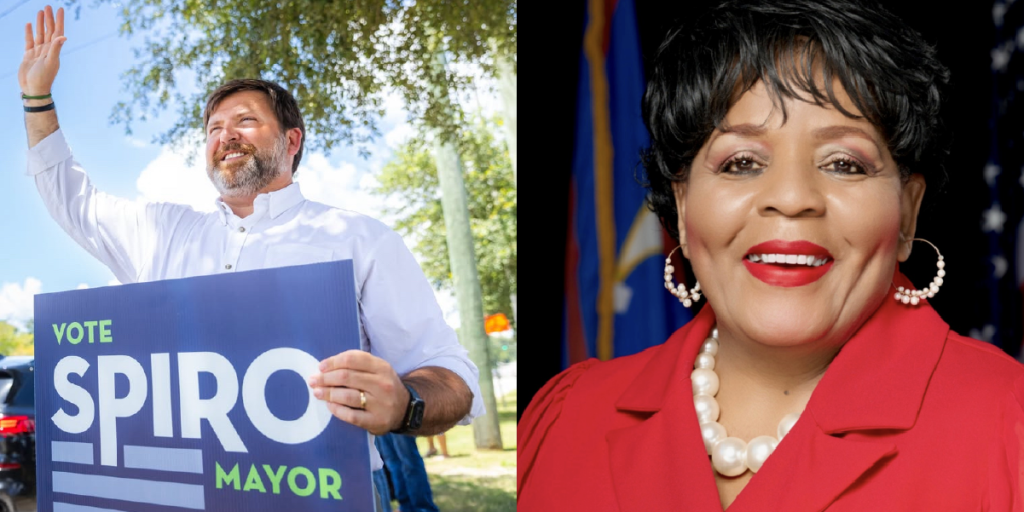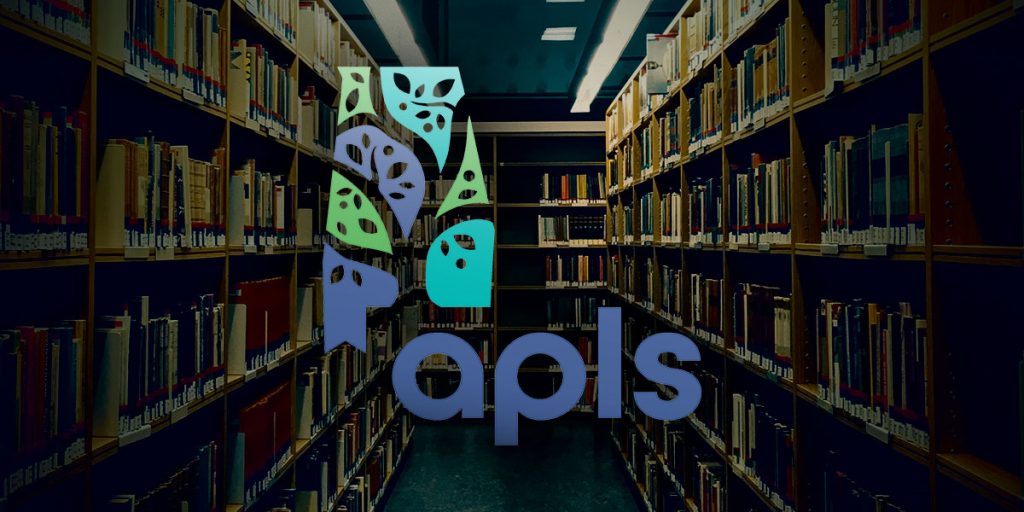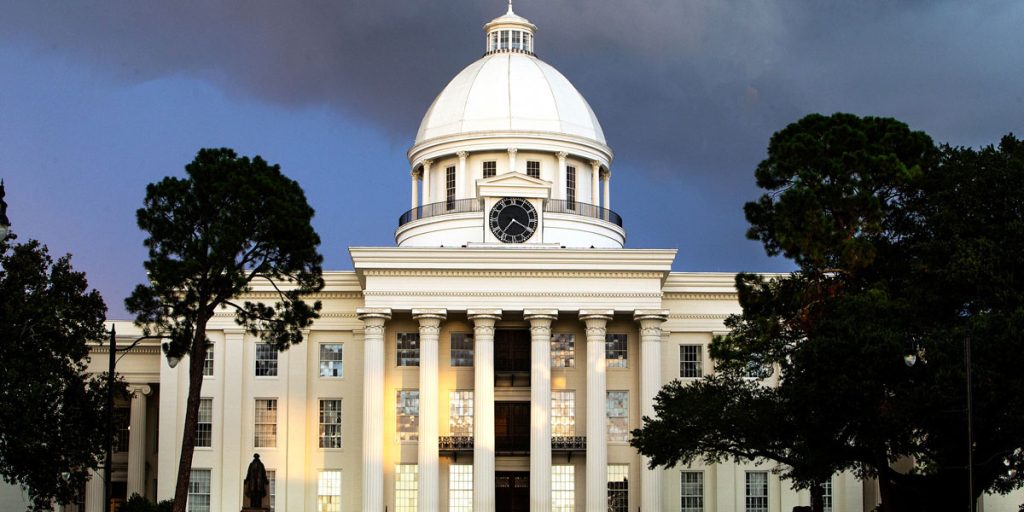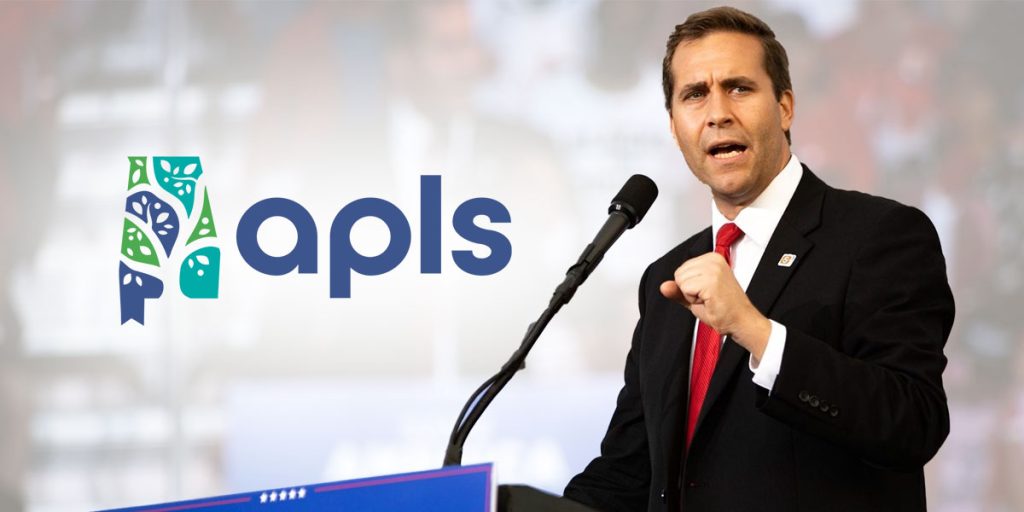On Thursday, the Alabama House of Representatives passed legislation that would protect children from being exposed to sexual, or otherwise explicit, material or behavior in school or public libraries.
As defined by HB385, sponsored by State Rep. Arnold Mooney, adults who “distribute material that is harmful to minors is a public nuisance,” can be charged with a criminal offense.
Criminal offenses would also be created for anyone who engages in any “sexual or gender oriented conduct that knowingly exposes minors to persons who are dressed in sexually revealing, exaggerated, or provocative clothing or costumes, or are stripping, or engaged in lewd or lascivious dancing, presentations, or activities in K-12 public schools or public libraries where minors are expected and known to be present without parental presence or consent.”
“The thing that I would like to point out is this is an effort to protect children,” Rep. Mooney (R-Indian Springs) explained.
“It is not a Democrat bill. It is not a Republican bill. It’s a people bill to try to protect children. What this bill does not do — it does not affect the rights of any adult to engage in sexual or gender related speech in any place where minors are not present, and which would otherwise not be defined as obscenity. Adult men and women are free to dress as choose and act as they choose as long as it is not in a place where children are expected and known to be present such as a public library or public-school library.”
In addition to removing pornographic or transgender ideology from children’s libraries, this legislation would ban stripping, drag shows, or otherwise explicit performances in libraries and schools across the state.
“We have done what we needed to do to protect children in an environment where their parents are not present and where their parents could not give consent,” Mooney said.
Democrats in the Alabama House took exception to the proposal and spoke against it on Thursday.
“So you are basically saying then is how a person dresses can be sexual in nature?” asked Rep. Artis “A.J.” Campbell (D-Linden). “That’s basically what your definition is saying.”
Mooney read that the bill bans, “Gender-oriented conduct that knowingly exposes minors to persons who are dressed in a sexual revealing, exaggerated, or provocative clothing or costumes or who are stripping or engaged in lewd or lascivious dancing, presentations, or activities in K-12 public schools or public libraries where children are expected or known to be present without parental presence or consent.”
RELATED: Ivey seeks answers over ‘sexually suggestive’ books in public libraries
“This one is kind of stepping on some First Amendment rights,” said Rep. McCampbell. “You’re right, we don’t want the children exposed to this stuff; but the real world is full of a whole lot of stuff that we don’t want our children exposed to.”
“They are still going to be exposed to them,” said McCampbell. “We can’t build cocoons around our children. You know, that’s not real life.”
Rep. David Faulkner (R-Mountain Brook) brought a floor substitute version of the bill that was adopted by the body.
“We tightened up the notice provision,” Faulkner explained. “For a library, a written notice has to be given to the director of the library. For K-12 schools and public school libraries we have required that a written notice has been presented to the superintendent or a principal that there is material present in the library that is in violation of this existing act.”
Faulkner said that a copy of that notice has to “be given to the district attorney.”
Faulkner explained that written notice that material that violates this statute may be in the library and that that material, “Is not in compliance with this existing law and that if that is found and it is not removed within seven days then it can be subject to prosecuting authority. They can bring a Class C misdemeanor on the first violation, a Class B misdemeanor on the second violation, and a Class A violation for a third or subsequent violation.”
“It does not apply to colleges or college libraries,” Faulkner said.
RELATED: Alabama Senate passes bill allowing local governments to remove library board members
“You can put lipstick on a pig, but it is still a pig,” said Rep. Barbara Drummond (D-Mobile). “No matter how much we water this down it is not going to negate that this is still a pig.”
“This is about protecting our children not censoring, not book banning,” said Rep. Mark Gidley (R-Gadsden). “This is about protecting our children not putting librarians in jail.”
“We took out other public places. The original bill had that in there,” said Faulkner. “We limited it to K-12 schools or public schools”
“My fundamental concern here is First Amendment rights violations,” State Rep. Neal Rafferty (D-Birmingham) said.
The legislation passed 72 to 28 largely along party lines. It now goes to the Alabama Senate for their consideration.
To connect with the author of this story, or to comment, email [email protected]




